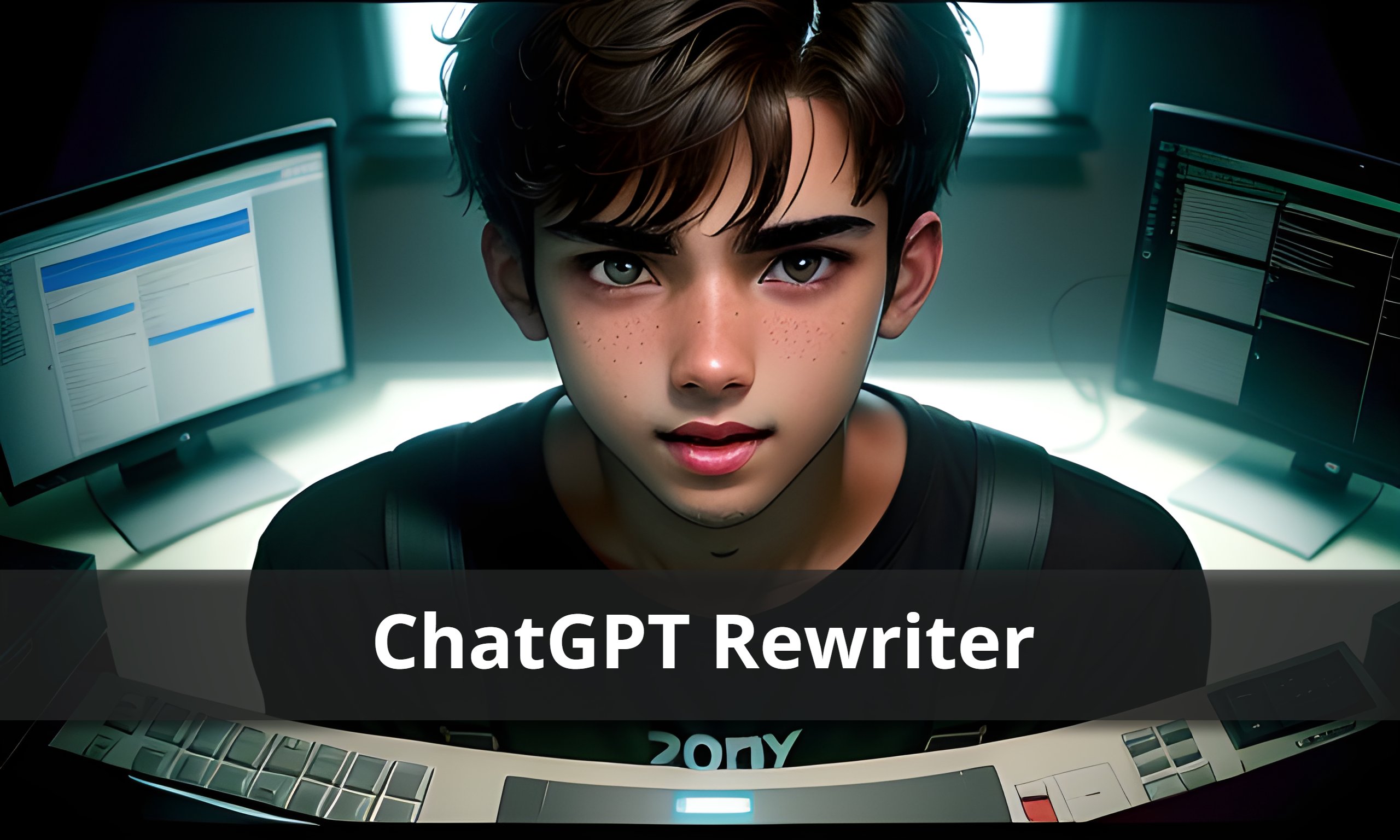
Many people question if AI will replace physicians, as the healthcare sector is currently undergoing significant change because of AI.
The quick response is no. Doctors won’t be replaced by AI. However, it will be crucial in enhancing the job of medical specialists and enhancing patient results.
One of the most regarded and trusted professions in society has always been medicine.
In this article, we’ll look at how AI could one day replace physicians, how it might improve healthcare, and how it might affect the practise of medicine.
Understanding the Limitations of AI in Healthcare
- AI is a tool, not a substitute for human judgment and expertise.
- It is designed to assist doctors and nurses, not replace them.
- While AI models can process enormous amounts of data and make predictions, these tools lack the empathy and intuition doctors bring.
Bedside Manner and the Human Touch
In many cases, bedside manner is as important as a doctor’s medical expertise, and AI is unlikely to be able to replicate this.
Bedside manner is the relationship or communication style a doctor adopts with their patient.
This human touch is difficult to reproduce with a digital interface.
While generative AI can appear to answer questions or diagnose issues effortlessly, people want to know that they are being heard and understood.
Data Quality and Biases
Additionally, AI is only as good as the data it is fed.
If this data is biased or inaccurate, its results will also be flawed.
Ensuring high-quality, diverse, and unbiased data sets is crucial to the success and ethical use of AI in healthcare.
The Benefits of AI in the Medical Field
AI will revolutionize healthcare by improving patients’ surgical and health outcomes and reducing costs.

Accurate Diagnoses and Early Detection
One of the most significant benefits of AI is its capacity to comb through massive datasets and provide accurate diagnoses. This can happen in a matter of seconds, while human doctors potentially require in-person visits and extensive tests.
Early diagnosis: AI can analyze vast amounts of patient data like imaging scans and lab results to detect signs of disease before it worsens. This means patients can get the treatment they need earlier and experience better outcomes.
Personalized Treatment and Improved Efficiency
Personalized treatment: In a matter of seconds, AI can scan a patient’s medical history, genetic information, and lifestyle factors to form personalized treatment plans. This will help doctors make more informed decisions about a patient’s care.
Improved efficiency: AI can automate record-keeping and appointment scheduling, freeing up time for doctors to focus on patient care.
Home Health and Elderly Care
Home Health and Elderly Care: Wearable devices like CPAP machines, smartwatches, and glucometers collect data that AI can analyze to alert doctors and home care aides of potential medical problems.
The Future of AI in Healthcare
AI is still in its early stages in the healthcare industry, with much potential for growth and development.
As AI becomes more advanced and available to the public through organizations like OpenAI, it will be increasingly important in improving patient outcomes and streamlining operations.
Diagnoses that AI Assists Human Doctors with Today
AI can quickly analyze mountains of data and find patterns in medical images that human eyes might miss.
This technology is a game-changer, helping physicians make quicker and more accurate diagnoses.
AI playing a greater role in medical diagnoses
In fact, a 2022 disease diagnosis study found that AI-assisted diagnoses are up to 80% accurate.
Take a look at the below list of how AI is impacting how we treat diseases today:
Heart disease (analyzes ECG and cardiac MRI scans to identify patterns)
- Ophthalmology
Ophthalmology (assists with the diagnosis of eye diseases by analyzing retina images) - Dermatology
Dermatology (helps identify skin diseases by analyzing images) - Neurology
Neurology (assists with the diagnosis of neurological conditions by analyzing brain scans and cognitive test results) - Breast Cancer
Breast cancer (assists with identifying patterns in mammograms) - Radiology
Radiology (analyzes medical imaging, such as X-rays and CT scans, to diagnose conditions) - Pathology
Pathology (assists with the diagnosis by analyzing tissue samples and determining the presence of diseases)
Impact of AI on Various Branches of Medicine
Rather than framing the topic as AI vs. doctors, let’s think about how AI can support doctors in making smarter decisions leading to better patient outcomes.
Several branches of medicine will be impacted by AI:
- Radiologists: interpret medical images such as X-rays, CT scans, and MRI images.
- Pathologists: analyze tissue samples and provide diagnoses.
- Dermatologists: AI can recognize skin conditions and provide diagnoses for diseases like skin cancer.
- Cardiologists: AI can assist in interpreting heart scans and ECGs, but a human doctor is needed to perform procedures.
- Neurologists: interpret brain scans and diagnose conditions.
- Anesthesiologists: AI-powered systems can assist in monitoring vital signs and adjusting anesthetic delivery.
- Ophthalmologists: assist in detecting eye conditions, but a human doctor is still needed to perform exams and make diagnoses.
- Oncologists: AI can assist in diagnosing and treating cancer.
- Orthopedic Surgeons: AI and robotics can assist in performing surgeries.
- Psychiatrists: assist in diagnosing mental health conditions.
Conclusion
AI might be a buzzword right now, but it’s not about to take over your favorite doctor’s job or make medical school obsolete just yet.
But what AI will do is supercharge their work and help give patients the best possible outcome.
We’re scratching the surface of what AI can do in healthcare, and the possibilities are seriously exciting.
By using this cutting-edge tech smartly and responsibly, doctors can offer top-notch care to their patients and make the world a healthier place.
Will AI completely replace doctors in the future?
No, AI will not replace doctors entirely. It will augment their work and help them make more accurate diagnoses and treatment plans.
How does AI improve patient outcomes?
AI can provide early detection of diseases, personalized treatment plans, and improve efficiency in healthcare processes, leading to better patient outcomes.
Is AI in healthcare affordable?
As AI technology advances, it is expected to become more affordable and accessible, benefiting both patients and healthcare providers
Can AI be biased in healthcare?
Yes, AI can be biased if the data it is trained on is biased. Ensuring diverse and representative datasets is crucial to mitigate bias in AI systems.
What is the future potential of AI in healthcare?
The future of AI in healthcare holds immense potential, including more accurate diagnoses, efficient healthcare delivery, and improved patient care.

![ChatGPT Plagiarism Checker: Unveiling the Best Tools & Methods [June 2023]](https://thegptime.com/wp-content/uploads/2023/06/ChatGPT-Plagiarism-Checker-210x150.jpg)
![ChatGPT Fund: AI-Powered Investing [June 2023]](https://thegptime.com/wp-content/uploads/2023/06/ChatGPT-Fund-210x150.jpg)




